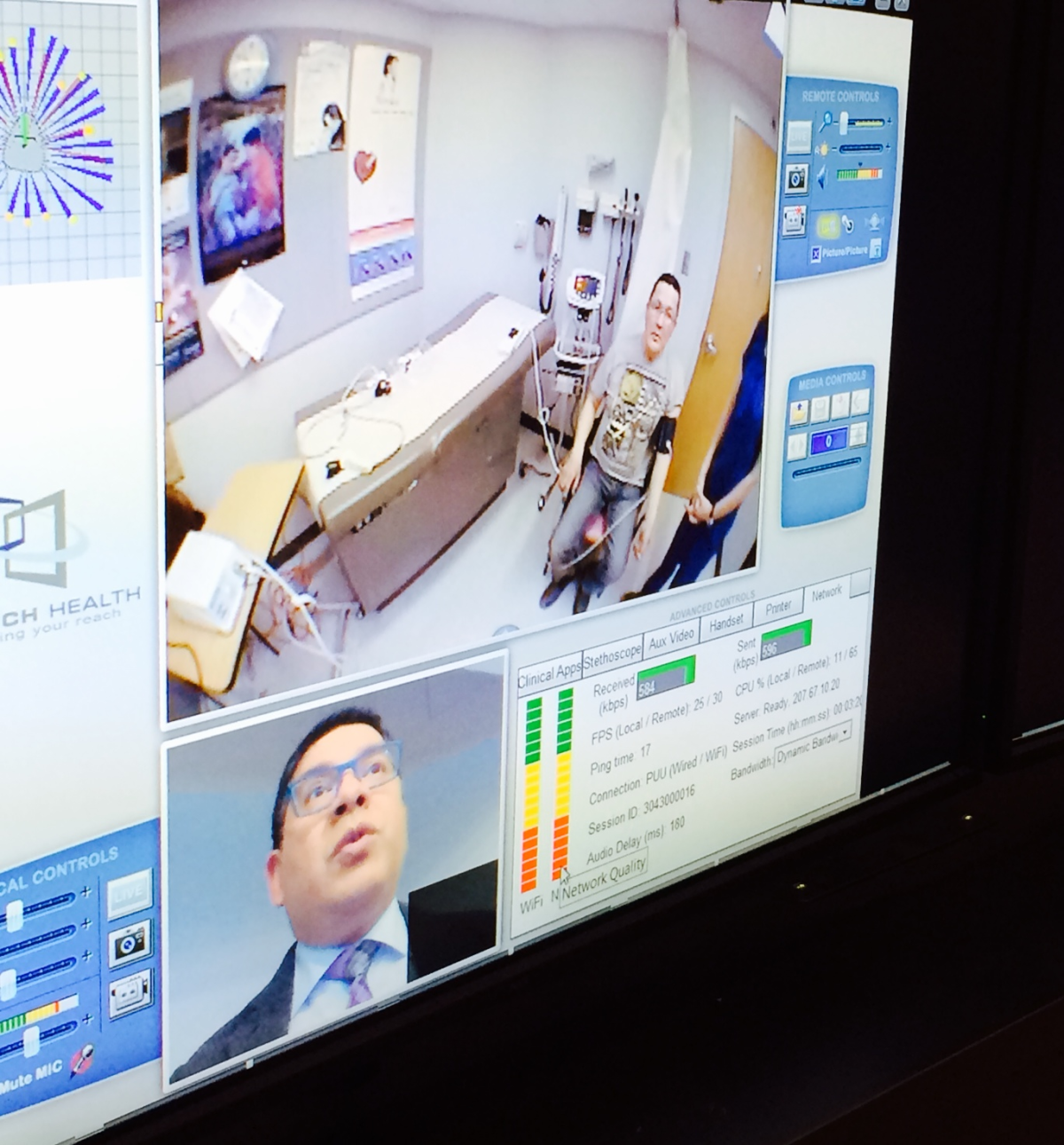REGINA – A team of Saskatchewan health experts have been given the green light to determine whether a robot could ensure patients have better access to health care in isolated communities.

The ministry of health is providing $250,000 to test the remote presence technology in Pelican Narrows, near the Manitoba border.
“They are one of those communities that seem to have sort of fallen through the cracks,” said Dr. Veronica McKinney, director of Northern Medical Services.
The closest hospital to the First Nations community is about two hours away in Flin Flon and transportation is difficult.
“They have one ambulance that serves the entire area. Of the over 600 calls that they had to transfer out, only 200 were by ambulance, so sometimes it’s by taxi and sometimes it’s by personal vehicle,” said Dr. McKinney. “Even STARS, they are not able to fly the distance without requiring more fuel.”
The robot, developed by a company based in California, allows doctors to interact with patients remotely while analyzing ultrasound or blood tests, for example.
“I feel that the province, which is a huge province, with a population concentrated in certain centres, is the ideal ground for this technology,” said Dr. Ivar Mendez, unified head of surgery at the University of Saskatchewan and project lead.
The province hopes using robots will help cut down on medical travel costs and ensure patients get care quicker. If the two-year pilot project is deemed successful, it could be expanded to other Saskatchewan communities.
“I’m less than 200 kilometres away from Regina and whether it be me, my constituents or my family members, frequent visits into Regina to see a specialist or other appointments, there’s a bit of a nuisance,” said Health Minister Dustin Duncan.
The technology is based on trials conducted in Nova Scotia and Labrador, but this is the first time in Canada the robot will be used for a longer-term project in a remote community.


Comments